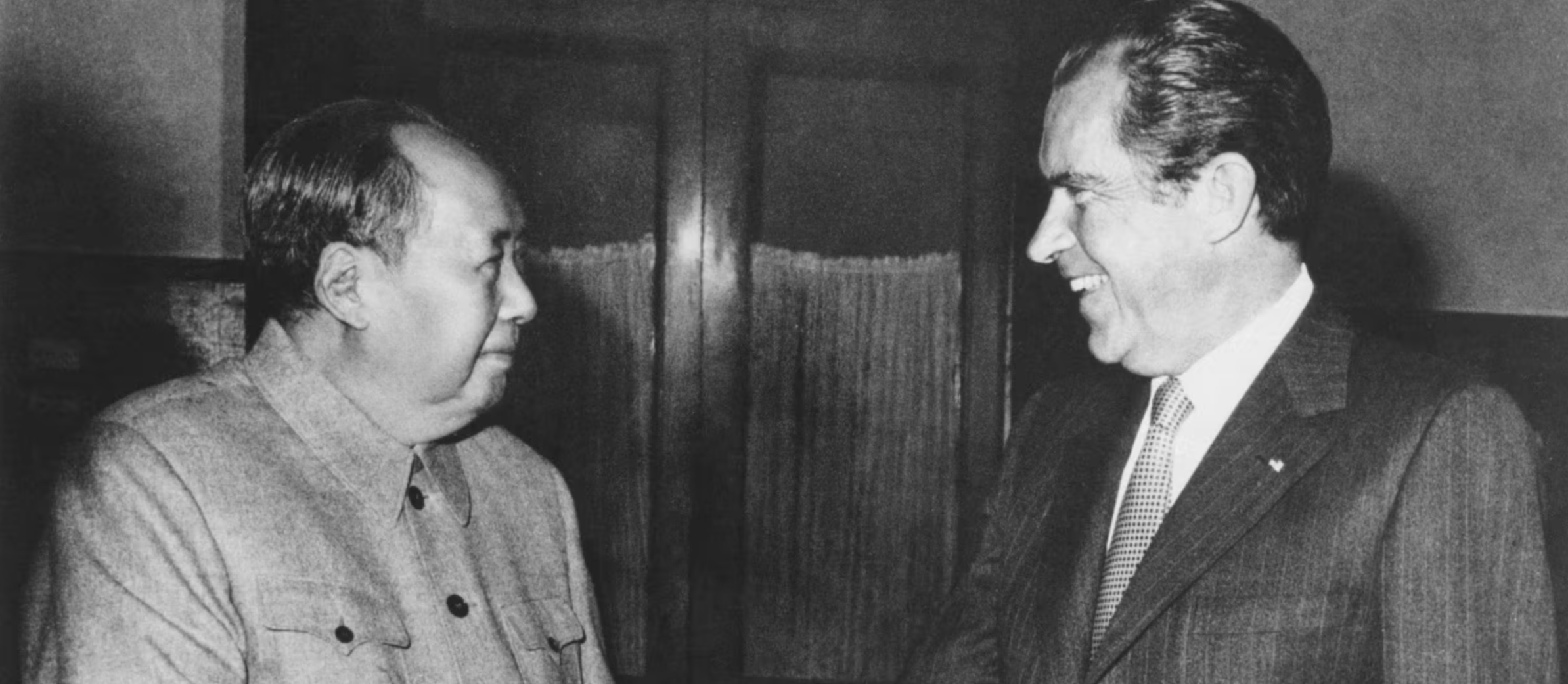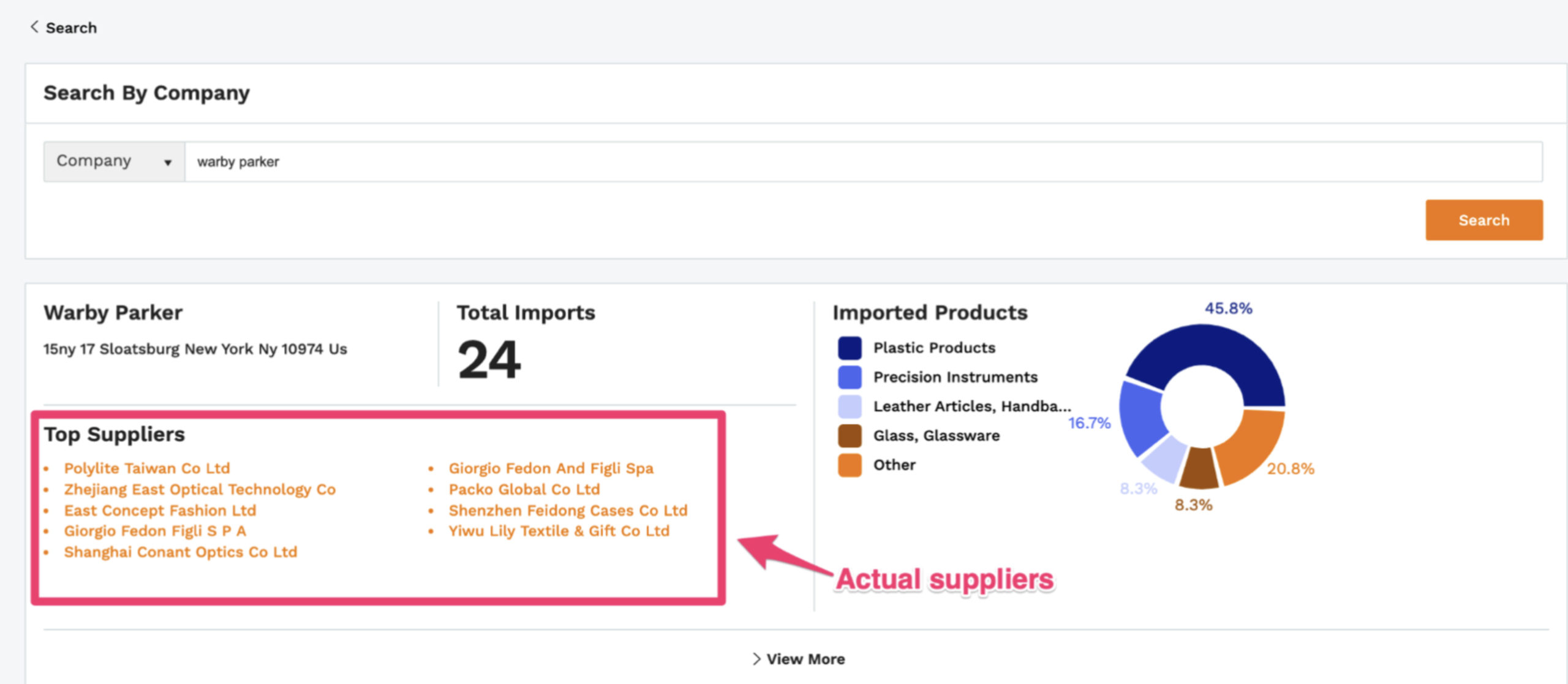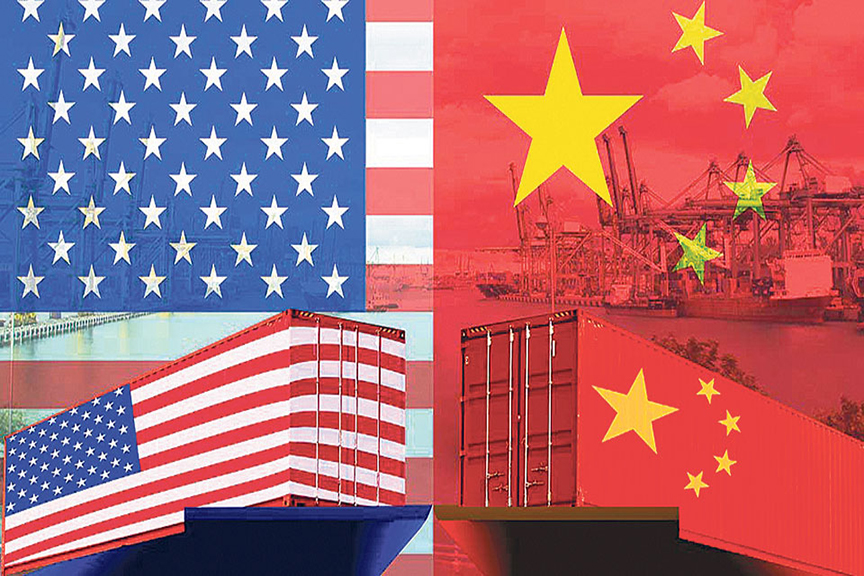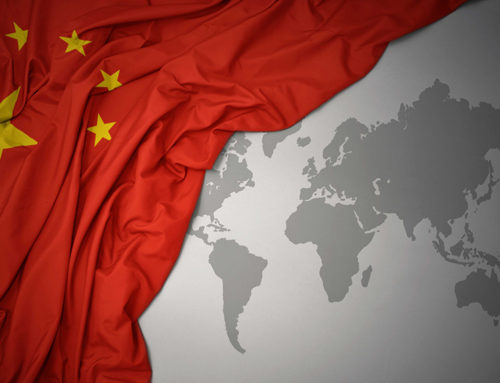When we reflect upon the trajectory of US-China trade relations, it becomes evident that this intricate alliance, initiated in 1972 during President Nixon’s historic visit to China, has yielded both promising prospects and unforeseen consequences. While the primary objective behind granting permanent normal trade relations between the United States and China in 2000 was to provide American companies access to a potential market of one billion Chinese consumers, few at that time comprehended the profound economic transformations and challenges it would bring.
At its inception, China was not regarded as a significant economic competitor; the intention was to foster bilateral trade. However, American leadership scarcely anticipated the seismic surge in China’s economic prowess, nor did they fully grasp the implications of an expanding trade deficit and its ramifications for American businesses, manufacturing, and the workforce.

The influx of affordable Chinese consumer goods inundating American markets, encompassing everything from iron, steel, plastics, apparel, and footwear to furniture, power generation equipment, electrical machinery, and solar panels, exerted substantial pressure on US manufacturing. Consequently, many domestic manufacturers faced a distressing choice: either shutter their factories, move their operations overseas, or downsize to cater to niche markets.
While certain American companies thrived by offering affordable Chinese products, they inadvertently contributed to the demise of countless entrepreneurs and small businesses that could not compete with such prices while maintaining quality.
The advent of the internet exacerbated this predicament. With a few clicks on a computer, consumers could source products from around the world, diminishing the relevance of local retailers. Enter Amazon, the world’s dominant online retailer, revolutionizing the retail landscape by offering rapid two-day delivery and access to products from every corner of the globe at competitive prices.

Amazon disrupted traditional distribution channels, enabling foreign manufacturers and sellers to bypass wholesalers, distributors, and retailers, and sell directly to consumers. Chinese enterprises adeptly seized this opportunity, leveraging the e-commerce platform to saturate the market with products, including counterfeit goods, low-quality imitations, and infringements on trademarks and intellectual properties, all in an orchestrated effort to dismantle American businesses and amass economic wealth at any cost.
While accessing inexpensive overseas products may seem enticing at checkout, the long-term consequences are far more insidious, exacting a heavy toll on American consumers and businesses alike.
Consider the case of ink and toner remanufacturing, a US sector that was once a thriving multi-billion-dollar industry diverting millions of used plastic printer cartridges from landfills and recycling them into reusable products.
Through e-commerce platforms like Amazon and Walmart.com, foreign competitors of aftermarket non-OEM clone printer cartridges have unfairly and unlawfully flooded the market, undercutting US remanufactured products and siphoning market share from name-branded cartridges. This has resulted in the loss of thousands of American businesses and jobs in the printer cartridge remanufacturing industry, with billions in wealth transferred to China.
For consumers, printer manufacturers have begun developing firmware to block aftermarket printer cartridges, simultaneously driving up the cost of branded cartridges. This creates a lose-lose scenario as individuals seek to reduce their printing costs.
As e-commerce platforms continue to innovate and streamline the importation of products from overseas, the aspiration for “Made in America” products diminishes. Foreign competitors enjoy an unfair advantage in production, as labor, environmental, and consumer rights laws are not consistently enforced.

Today, when entrepreneurs introduce a novel product to the market, their optimal strategy often involves establishing a presence on Amazon to reach a broad customer base. Those who achieve success quickly find their products imitated, infringing upon trademarks or patents. Plans for expansion to meet demand often devolve into a struggle for survival, replete with exorbitant legal fees to contend with faceless foreign competitors.
Government intervention is imperative to regulate the way imported products are sold through online platforms. E-commerce sites must be held accountable, as they serve as intermediaries in the sale and distribution of these products.
In hindsight, the evolution of US-China trade relations underscores the need for careful consideration of the broader consequences of economic policies. While fostering international trade can bring about extraordinary opportunities, it also demands vigilance to mitigate unintended and far-reaching repercussions for American businesses, consumers, and the environment.






